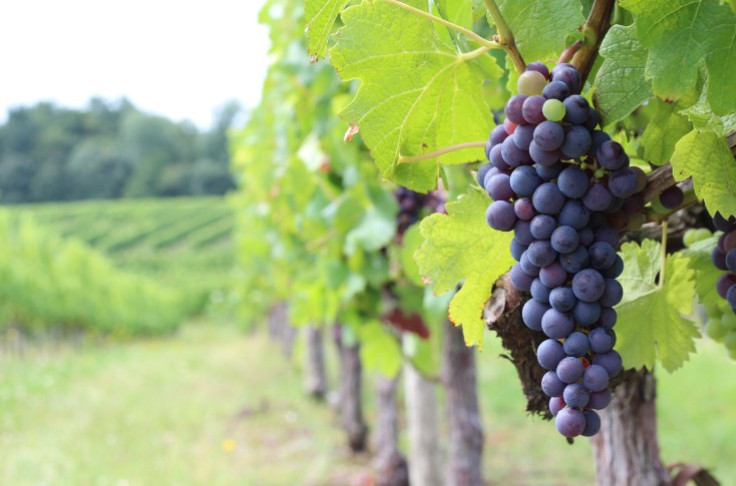New cultivars are not just resistant to mildew and the climate, they also have winemaking potential

s part of the Novana project, the Bordeaux-Aquitaine VinopĂ´le has been monitoring experimental winemaking processes of varieties chosen for their ability to cope with climate change (VIFA) planted in 2018 in some twenty or so vineyard blocks across the region. Partner winegrowers presented the wines made in 2021, 2022 and 2023 for tasting by a panel of judges featuring industry members. They have shared their preliminary results on the winemaking potential of resistant grape varieties (FlorĂ©al, Muscaris, Sauvignac, Souvignier Gris, Voltis, Artaban, Merlot Khorus, Monarch, Vidoc…) and varieties that can cope with climate change (Alvarinho, Touriga Nacional, Marselan, Arinarnoa, Castests…).
The judges felt that none of the varieties came close to the traditional Bordeaux varieties, and that adding 10% or 20% of the varieties to Merlot or Sauvignon had little or no impact on the sensory profile of the wines.
The aroma and flavour characteristics of VIFA cultivars nevertheless produced a very broad-ranging array of aromatics, and also corrected lack of structure, colour and acidity in blends. Some varieties can indeed provide ‘medicinal’ qualities for flawed wine styles. “Therefore, not only are the new varieties a real development for significantly reducing the use of plant protection products and/or adapting to climate change, they are also sensory tools for producing new and diverse styles of wines that will have the ability to meet varied consumer needs”, concluded the partner winegrowers.






